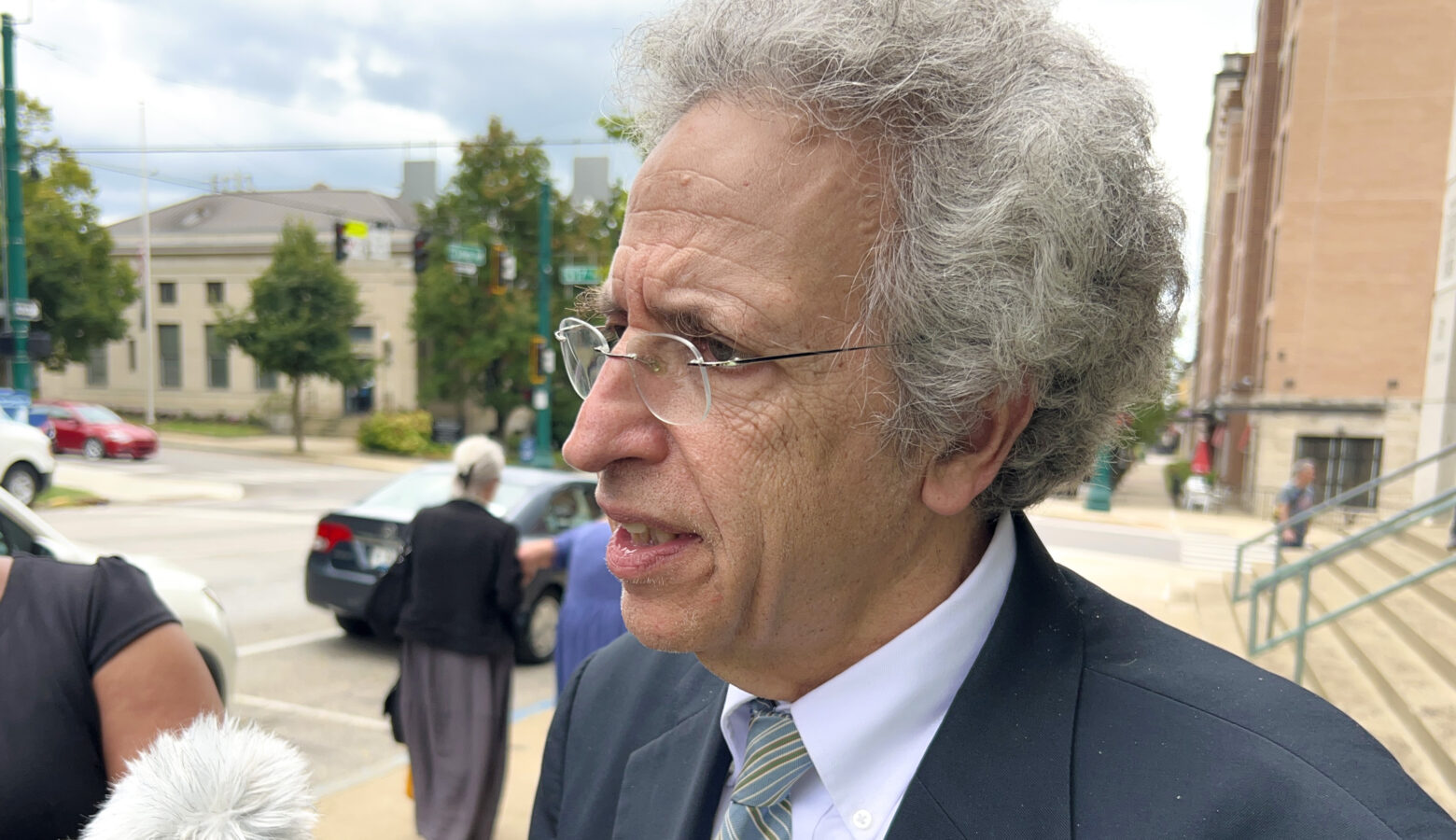IDHS likely discriminated against people with disabilities. ACLU warns issue is widespread

A federal judge found the Indiana Department of Homeland Security likely discriminated against people with disabilities. The ACLU of Indiana’s complaint alleges IDHS has been applying zoning laws in a way that discriminates against a recovery home in southwest Indiana.
The lawsuit, filed by the ACLU of Indiana on behalf of Next Step Recovery Home, alleges a decision made by IDHS violates the Americans with Disabilities Act, the Rehabilitation Act and the Fair Housing Act.
Next Step Recovery Home purchased a single-family home to establish a group home for about six to eight people living with substance use disorders. Residents would live together like a family would to facilitate the recovery process. They share the home, chores, meals and leisure time.
The home is “indistinguishable in design, architecture, and appearance from the other homes in the neighborhood.” However, IDHS classified it as a Class 1 structure, which comes with heightened safety requirements, such as a sprinkler system that would cost Next Steps about $100,000. The agency said the home would either have to meet those Class 1 standards or only house two people at a time.
Ken Falk, ACLU of Indiana legal director, said the only difference in the use of this home from a typical family is that it would be occupied by people with disabilities.
“If Next Step sold this home tomorrow to Mr. or Mrs. Smith and their four children, the state won’t be involved — that would be the end of it,” Falk said.
Falk said these recovery and group homes can actually be safer than a typical family home.
“It’s not as if we’re saying they don’t need to be regulated,” Falk said. “They just meet the same requirements or exceed the requirements that are imposed on regular family homes.”
Next Step has a monitored security system that includes a fire safety system, cameras, smoke alarms and carbon monoxide detectors. Residents are instructed on what to do in case of a fire and participate in regular fire drills.
Join the conversation and sign up for the Indiana Two-Way. Text “Indiana” to 765-275-1120. Your comments and questions in response to our weekly text help us find the answers you need on statewide issues.
Falk said these homes, especially when it comes to connecting people with substance use disorders to treatment, have a long history of success.
“Many of these people come out of a prison setting. Many of them come out of a short term, three-day stay to basically detox,” Falk said. “If there’s not a place for them to go, a place for them to learn how to be healthy again, then they risk the endless cycle of going back into their addiction. That’s why the homes are so important.”
Falk said this discrimination from IDHS is a growing problem across the state.
The ACLU of Indiana won a similar case in 2019, where the court ruled IDHS was discriminating against New Horizons Rehabilitation, which provides services to people with disabilities.
Falk said the ACLU of Indiana is currently involved in six lawsuits where it alleges the state is discriminating against these recovery and group homes.
“We thought the problem was taken care of in 2019,” Falk said. “But it’s quite clear that it is not and that the state is imposing these requirements.”
The judge in the Next Step case granted a preliminary injunction on Tuesday that allows it to open the home to more than just two residents — and establishes the case is likely to succeed.
Abigail is our health reporter. Contact them at aruhman@wboi.org.

